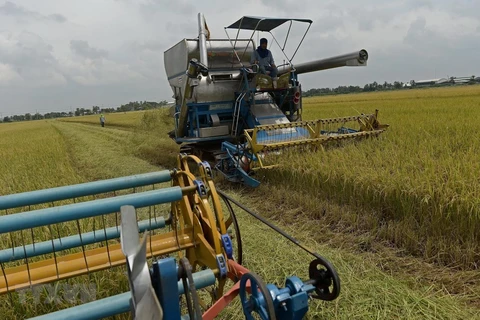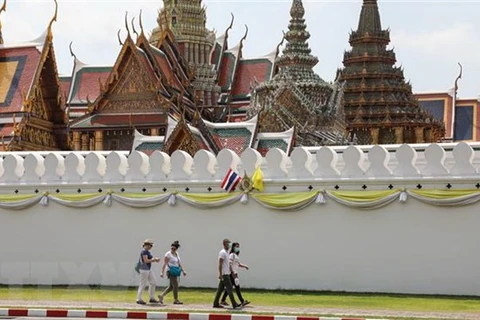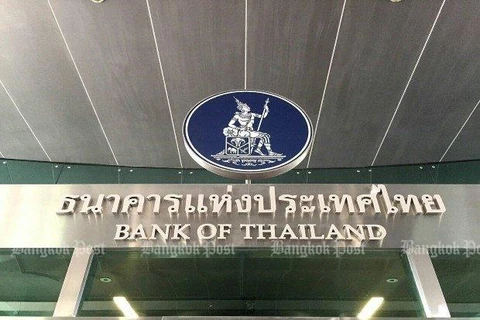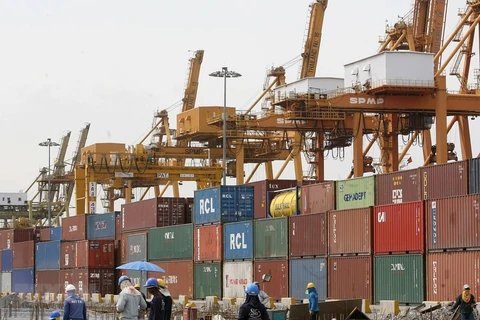Bangkok (VNA) – The Thai cabinet on August 13 agreed to establish a centre to address the economic situation heavily battered by the COVID-19 outbreak.
The economic situation administration centre, tasked with working in the same way as the Center for COVID-19 Situation Administration (CCSA), will be chaired by Prime Minister Prayut Chan-o-cha. The secretary-general of the National Economic and Social Development Council (NESDC) will be the center's secretary.
The centre's main focus is to promote Thailand's economic rehabilitation from the pandemic crisis. It will take charge of proposing solutions to tackle economic problems and supervise the government's economic rehabilitation efforts.
The centre will comprise 22 committees with representation from all economic ministers, the interior and labor ministries, the Bank of Thailand's (BoT) governor and the heads of three large private-sector organisations.
Prime Minister Prayut said that the COVID-19 pandemic has taken an enormous toll on all sectors. It not only ripped off income to exports and tourism, but also led to a slump in domestic employment and business activities generated by the small and medium-sized enterprises, said Prayut.
Exports and tourism have been the two major contributors to Thailand's economy. Foreign visitors to Thailand this year were predicted to plunge to only 2 to 3 million from 40 million in the previous year.
The BoT forecast that Thailand's second-quarter economic contraction could reach a record of 13 percent year-on-year after business activities were halted by lockdown measures during the period.
The anticipated decline would mark the lowest year-on-year growth since a 12.5 percent contraction in the second quarter of 1998 in the wake of the 1997 Asian financial crisis.
Thailand's economy in the first quarter shrank for the first time since 2014, by 1.8 percent year-on-year and 2.2 percent quarter-to-quarter on a seasonally adjusted basis, as the pandemic cut off tourist arrivals and shuttered business activities./.
VNA
























